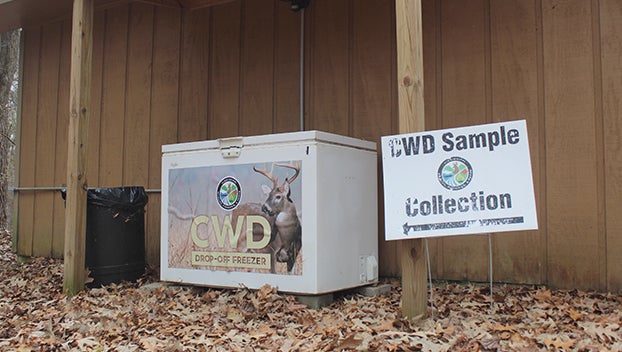Brookhaven sees jump in tax collections — Month up nearly $100K, yearly total down
Published 11:12 pm Friday, May 18, 2018
The return of blue skies and sunshine seems to have loosened up wallets and pocketbooks in Brookhaven, as sales tax numbers show big spending in the city during March.
City tax diversion data released by the Mississippi Department of Revenue shows Brookhaven earned $529,491 in March, a jump of $99,127 over February’s earnings. The leap in spending was nearly twice that of last year’s February-to-March increase of approximately $52,000, and the growing collections for the year have the city positioned well among other, similarly-sized cities in the state.
“Brookhaven and Lincoln County are fortunate to have extremely successful businesses generating these numbers,” said Brookhaven-Lincoln County Chamber of Commerce Program Director Katie Nations. “Brookhaven’s car dealers draw people from all over the South, and our local retailers — from clothing boutiques, restaurants to furniture and everything in between — work harder than anybody to draw shoppers in.”
Since July 1 last year, Brookhaven has amassed $4,735,449 in tax diversions, placing it high in the competition for spending among cities with populations in the 10,000 to 15,000 range. The Home Seekers Paradise trails neighboring McComb by only $19,288, and metro-area Richland by $9,769.
Brookhaven’s local economy has turned in $385,324 more than Natchez so far for the period, and other comparable cities — including Cleveland, Corinth, Greenwood and Grenada — have yet to break into the $4 million range.
D’Iberville, with its lucky location on the Gulf Coast, leads all cities of similar populations with $6,604,625 in tax diversions so far.
The running totals for the period show little consistency when compared to last year’s, however.
At this time in 2017, Brookhaven had $77,480 more than now, while McComb was up more than $153,000. Natchez has lost even more tax payments during the period, as the River City is down almost $181,000 compared to the same time in 2017.
That’s not the case for Richland, which is up just a little since the period beginning July 1 — around $4,000. D’Iberville, meanwhile, can’t lose. The coastal city is up almost $201,000 since last year’s diversions.
The department of revenue reports sales tax diversions on a three-month cycle. Taxes are collected by the retail in the first month — in this case, March — and reported in the second month. In the third month — May — checks are sent to the cities.





